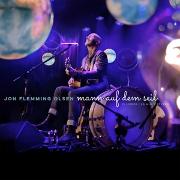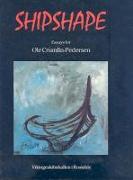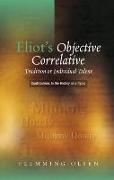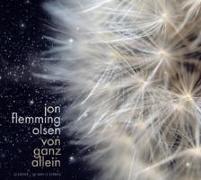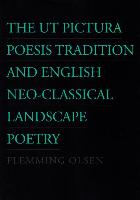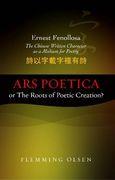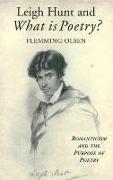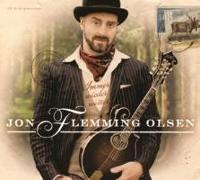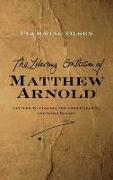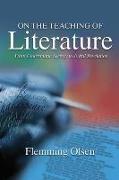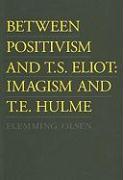The first decade of the 20th century witnessed a calling into question of some of the central positions held by the late 19th century Positivists. There was a shift of paradigm in science as well as art, as elicited by Einstein, William James, Freud, Picasso, Bergson and Pound. The insufficiency of the Positivist world picture became increasingly evident. Importantly, the concept of what was conventionally called reality, and legitimate ways o...
CHF 38.50
